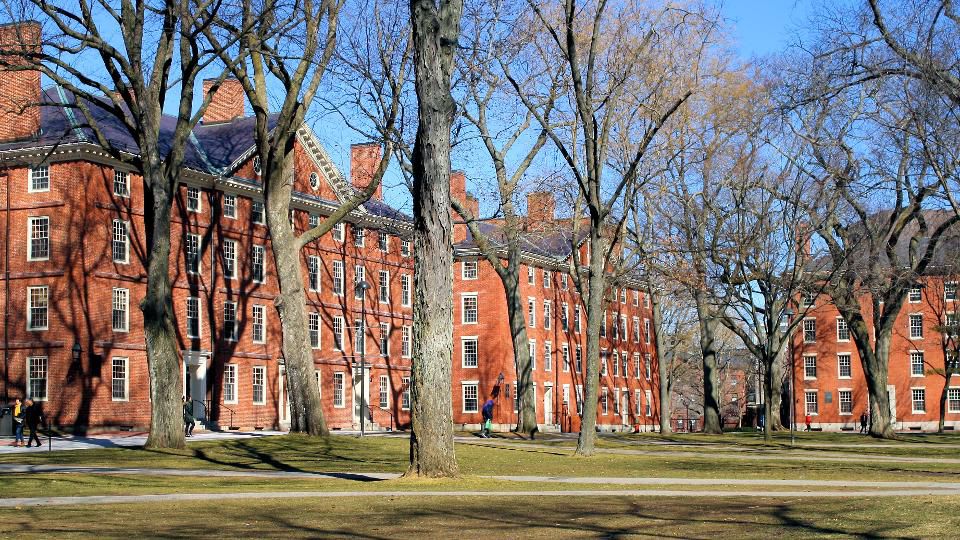Current Work
After retiring from the Journal in 2012, I began freelancing for the Journal's special sections on mutual funds and investing. The first piece was about a mutual fund which didn't have a manager but kept chugging along with stocks chosen back in 1935. More recently, I wrote about how Wall Street brokers don't totally love index funds, and how online brokers promote options trading to individual investors without mentioning that the majority of those who try it lose money.
Trump Profile
My first page one story for the Wall Street Journal. Although Donald Trump was then well known in New York City, he wasn't known nationally. In those more innocent days, he was merely "good copy." But even then, back in 1982, the story documented Mr. Trump's troublesome penchant for misstatements, which he acknowledged but excused as mere "promotional" exaggerations.
How Drexel Wields Its Power
The WSJ included this 1988 article in a special section in July 2019 commemorating its 130 years of publication. It was one of the first times I was able to apply the analytical approach I had picked up covering money management and writing "Heard on the Street" columns to a Wall Street juggernaut under regulatory scrutiny.
Goldman Sachs ‘Vulture’ Fund
Sometimes, questionable practices sketched out in one of my stories triggered serious business consequences. In this case, Goldman Sachs shut down a $780 million investment fund in May 1991, after a story two months earlier revealed the fund was investing with the help of confidential info received by its bankers.
Merill Lynch Tax Shelters
This was one of my most significant and satisfying series of stories. The best part was that my long time span at the WSJ helped inform articles, all about the same Wall Street tax avoidance strategy pushed by Merrill Lynch, that ran during a span of seven years between August 1990 and March 1997. The first article revealed the scam in detail, and later stories chronicled the IRS crackdown. Far from the stories ending such tax schemes, they seem to have persisted. Nowadays many of the largest companies seem to run circles around the tax code.
Trophy Vacations
This is one of my favorite WSJ stories reflecting Wall Street culture and personalities. The editors let me do it as kind of a late-summer comic relief from the usual serious stuff I was obliged to cover day-in day-out. I still enjoy the anecdote about Blackstone CEO Stephen Schwarzman at the very end.
The Tisch Empire
One of the joys of my life under Money and Investing editor Dan Hertzberg and managing editor Paul Steiger the mid-1990s was -- occasionally! -- I would be asked to weigh in on some important topic. In this case, it was to assess -- on relatively short notice -- how the Tisch family had fared with its ten-year investment in the CBS TV network.
Grubman AT&T
Although top telecom analyst Jack Grubman was eventually targeted by regulators led by Eliot Spitzer in 2002 for using biased research to win investment banking business, the link between his research and banking was an open secret years earlier.
Frank Quattrone and the Dot-Com Bubble
In the summer of 1999, I was approached by an intermediary at the WSJ about whether I’d be interested in profiling a banker who was at the top of the red-hot world of dot-com IPOs. Of course I agreed, and for the next decade I worked off-and-on on stories - and a book - about the banker, Frank Quattrone, and the regulatory fallout from the dot-com bubble. It was a bumpy ride for Quattrone, but he ultimately had his criminal conviction overturned, overcome his regulatory troubles, and returned to investment banking.
Harvard Parents Scam
Shortly after the second Quattrone trial in 2004, a trader I knew alerted me to a Harvard connection in a fairly minor $14 million fraud by a Washington, D.C. scamster. With the help of editor Phil Kuntz, who enlivened my prose, it became one of the most fun stories I ever worked on.
Wall Street Research
One reason some of my best work occurred in the years 1999-2004 was that my editor was Mike Siconolfi, who had a gift for elevating his reporters' work with a light but steely touch.
A good example was the way Mike shephered two stories I wrote with Geeta Anand, then the biotech reporter. The first was about a complaint about improper links between banking and research raised by biotech firm Antigenics.
The second was a tip I got from a drug-stock specialist I had called but never connected with for the Antigenics story. He told me about a group of research analysts who had infiltrated a drug trial to learn its outcome before the market at large. With Geeta taking the lead, this story became part of a 10-story package that won a Pulitzer in 2003.
Markets’ Reckoning
Although critics have faulted the financial press for failing to see the market meltdown of 2008-09 coming, this story did provide an early hint.












